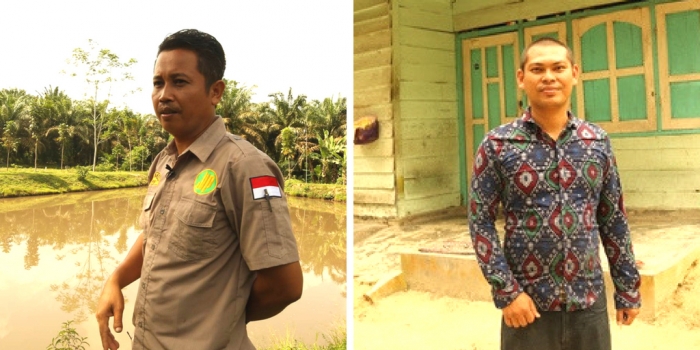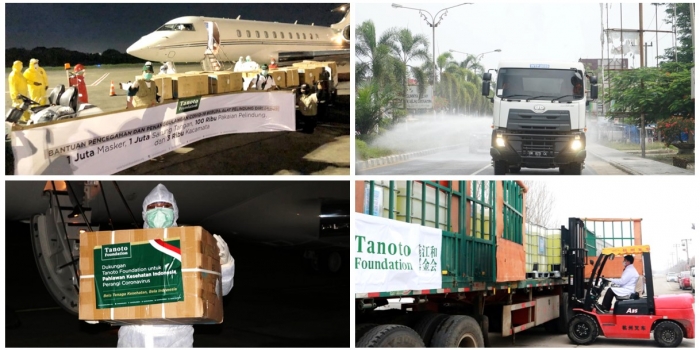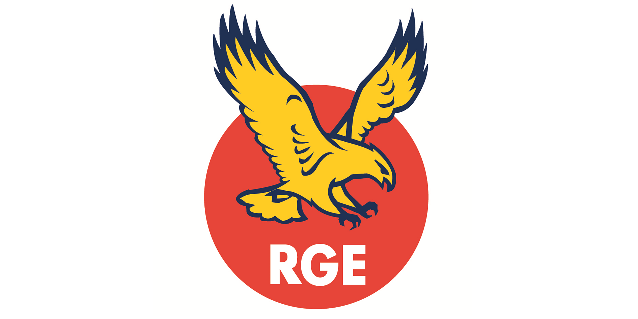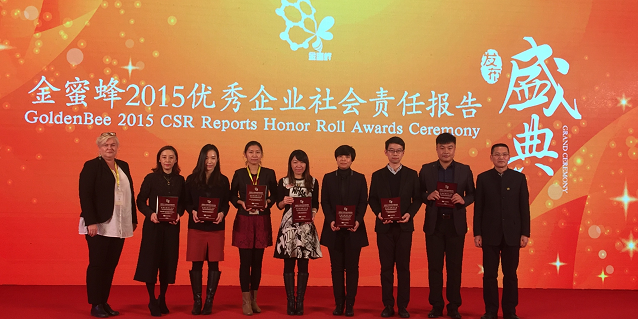In the 1990s, Ekoyono’s parents decided to leave their hard life in Ciamis, West Java and opt instead for a new life as oil palm farmers in Pelalawan, Sumatra.
His parents enlisted in the Indonesian Government’s Plasma Transmigration Programme (PIR-Trans), a programme that offered Indonesians from rural areas the opportunity to become oil palm farmers or plasma smallholders.
As part of the PIR-Trans programme, farmers were given two hectares of land and were partnered with a company, in this case, Asian Agri. The company helped them develop the land, teaching them the skills needed to grow oil palm trees. In return, the produce would be sold back to the company.
Ekoyono recalls that migrating to a new area as well as learning how to successfully grow oil palms were not easy tasks. Many of the original transmigrants left after a year, sometimes even after just a few months, of hardships.
Thankfully, Ekoyono’s family persisted and with their hard work, was able to improve their income.
Now, Ekoyono has taken over his family’s oil palm plantation, seeing it grow from an initial two hectares to its current size of 40 hectares.
“I am very grateful that my parents decided to participate in the PIR-Trans programme. Now we are much more prosperous,” he said.
Like Ekoyono, Erik Widirianto’s parents decided to participate in the PIR-Trans programme in the 1990s. However, unlike Ekoyono, Erik’s parents decided to go to Pelalawan first, leaving him in the care of his grandfather in Lumajang, East Java.
It was not until he was seven years old when he was finally reunited with his parents in Pelalawan.
Through hard work, Erik’s parents took care of the family’s plantation, expanding it from the original 2.5 hectares to 11 hectares by 2012.
“Thanks to the oil palm plantation that my father managed, my parents were able to finance my education until I graduated from university in Pekanbaru,” he said.
When his father passed away in 2012, he asked Erik not to sell the plantation. “This oil palm plantation was the sole source of income for my family. It was through this plantation that I was able to get a proper education. I will not abandon it,” he said.
Now, almost two decades after his parents’ move, Erik manages the oil palm plantation that his parents built, expanding it from 11 hectares to 64 hectares.
“The gross income from each plot is usually about 285 USD (4 million IDR). In total, I get about 2,865 to 4,775 USD (30 to 50 million IDR) per month”, he said.
Despite their success, both Ekoyono and Erik find ways to give back to their communities.
“As an oil palm farmer, I can create job opportunities for the people around me and help them. For my 40 hectares, I now employ 18 people to help manage the plantations,” Ekoyono said.
For his part, Erik has established a school in his village and even volunteers to teach at the school. “I am able to divide my time between taking care of the plantation and teaching at school. Everyday, I’m at the plantation in the morning and I’m at the school in the afternoon,” he shared.
Asian Agri actively engages its smallholder partners, sharing with them best practices in sustainable operations as well as helping them to obtain certifications. This not only results in a more traceable supply chain but also helps smallholders reduce costs and increase operational efficiency. The company is one of Asia’s largest palm oil producers with an annual capacity of 1 million tons of crude palm oil (CPO). It operates with the 5C business principle of doing what is Good for Community, Good for Country, Good for Climate, Good for Customer and Good for Company.
The company has a zero deforestation policy and is also committed to protecting High Carbon Stock (HCS) and High Conservation Value (HCV) areas, and to respecting the rights of communities, workers and farmers. Its Integrated Pest Management approach utilizes natural predators to control oil palm pests.
The success stories of Asian Agri’s Plasma Core Partnership Scheme and Independent Smallholder Mentoring is documented in Indonesia’s Institute for Development of Economics and Finance’s (INDEF) book, titled Developing Smallholder Partnership: Lessons Learned from Asian Agri’s Smallholder Partnership Model. Read to find out how Asian Agri partners with smallholders.






